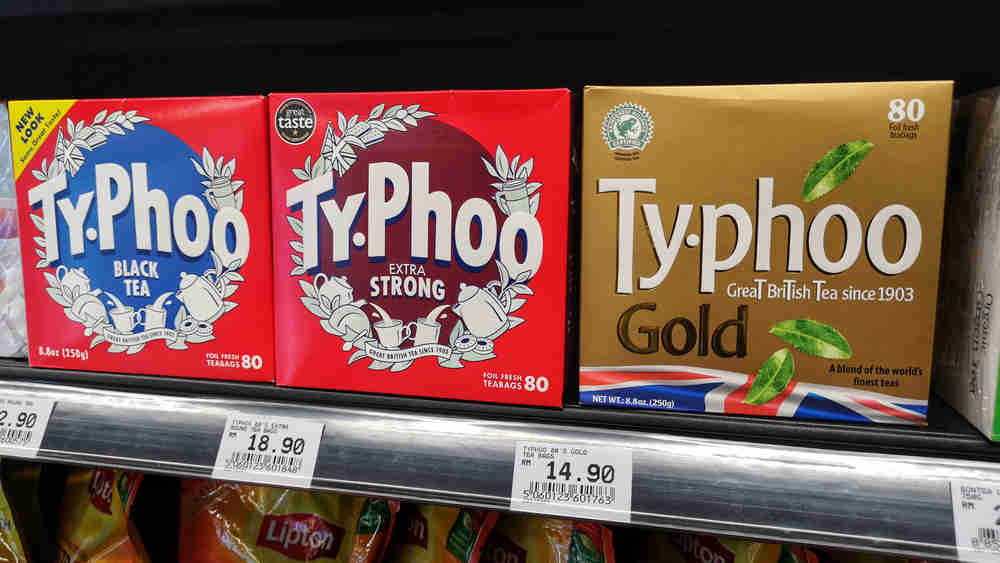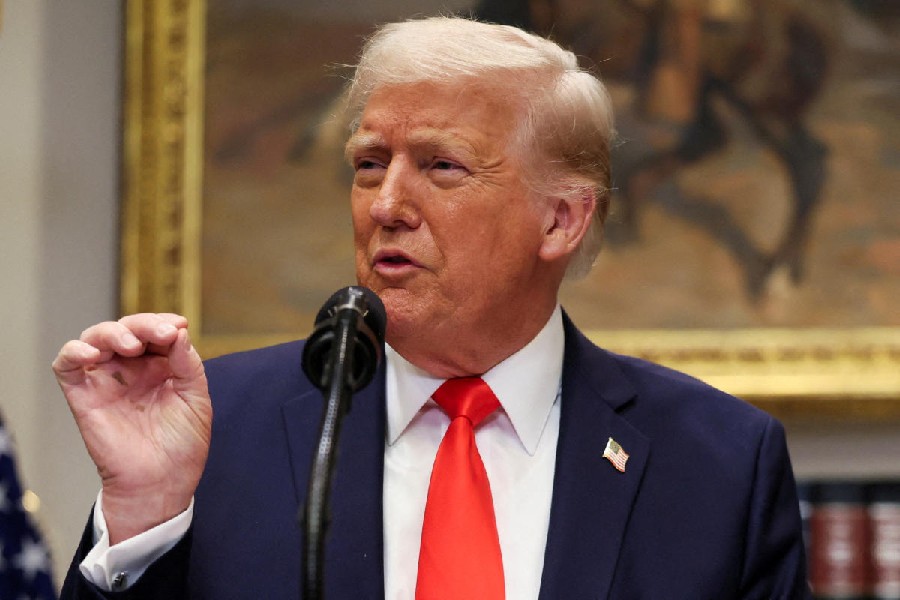The Pauls of Apeejay Surrendra Group have sold their interest in the 120-year old UK-based Typhoo Tea which was the first to launch ready-packaged tea in the world.
The group, which acquired the storied British tea brand 16 years ago, has sold its stake to a clutch of private equity players.
Zetland Capital, a private equity firm in London, has become the majority shareholder of the Merseyside, Liverpool-based company which has been battling heavy losses in the past few years that have exacerbated during the pandemic.
The Apeejay group has interests in real estate, hotels, shipping, tea plantations and logistics. It bought Typhoo from Premier Foods for £80 million in 2005.
The Indian operations will remain for the time being with the Apeejay Surrendra Group which owns 17 tea gardens in Assam.
Based out of Calcutta, the Pauls launched Typhoo packet teas and herbal infusions in India in 2008, building on its famed British legacy.
Typhoo Tea, founded in 1903, was also the first to launch a green tea blend in the UK. It has a number of other brands in its portfolio, including Glengettie, Melrose’s, instant tea brand Lift, organic brand Heath & Heather, and speciality tea brand Ridgways of London.
Confirming the transaction, Karan Paul, chairman of Apeejay Surrendra Group, told The Telegraph: “We have exited from Typhoo UK Ltd. However, the licence to sell teas under the Typhoo brand in India remains with us for the foreseeable future. It is going to be business as usual here.”
He refused to divulge the terms of the transaction.
Industry sources said Typhoo Tea has been steeped in losses and the sale will mean that the Apeejay group will no longer have to stump up money at regular intervals to support the British venture.
The Pauls decided to exit Typhoo Tea when it became apparent that they would have to make a very significant cash infusion into Typhoo Tea.
In a statement, Des Kingsley, CEO at Typhoo Tea Ltd, said: “This deal marks a new era in the ownership of Typhoo Tea. It has secured major investment that will enable us to re-assert our brands both in the UK and internationally to deliver profitable growth.”
Ahmed Hamdani, founder and chief Investment officer at Zetland Capital, added: “We are delighted to support Des and the rest of the team. Our partnership will enable investment at an important time for the company and we are confident that Typhoo can regain its reputation as one of Britain’s most loved brands and drive innovation in the sector.”
Recent struggle
Typhoo Tea’s troubles began after its strategy to ramp up sales at its private label business floundered badly. The prolonged uncertainty over Brexit also weighed heavy because of rising material sourcing costs and the wild fluctuations in the dollar which was used to purchase teas, amplifying currency risks.
A new executive leadership team was put in place in 2019 and the company was forced to change its strategy, after acknowledging that the 12-month period prior to it had been a ‘watershed’ in Typhoo’s history. Net loss at Typhoo Tea Ltd surged by almost 50 per cent as on March 31, 2019 (see chart). The accounts since that date have yet to be prepared and filed. While preparing the accounts for the year ended March 2019, the directors made an assumption that the company would be able to meet all the liabilities, including loan instalments by April 30, 2021.
There was a breach of covenants on the loan facility for the year ended March 31, 2019 but the company had met all repayments and interest payments on time.
Moreover, Apeejay Tea (Panama) had signed a letter of support to provide all support to keep Typhoo afloat as a going concern for 12 months since the date on which the directors signed off on the annual accounts. However, the directors had warned that “whilst there is confidence that a solution to re-finance will be achieved, this could be impacted by events outside the firm’s control”.











